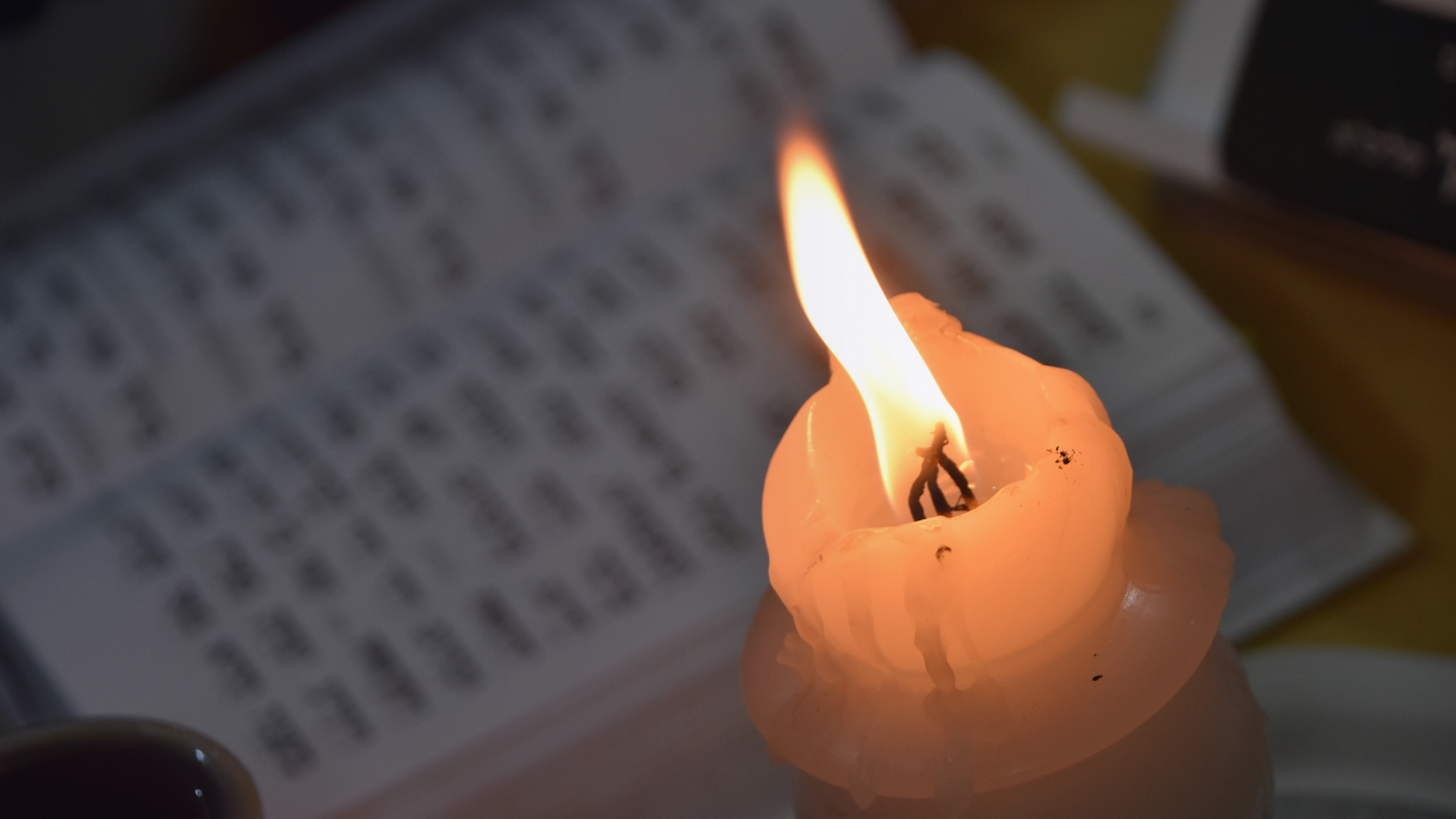The common mistakes that companies make when becoming a sponsor, and how to avoid them
Becoming a business sponsor can be as daunting as it is exciting. The doors are wider open to...

While Australia is a secular country, but religious freedom and religious diversity. State and religious groups are separate entities by the national constitution, but religious institutions play a large role in Australian society owning and funding many primary and secondary schools, hospitals, aged-care facilities and charity organisations.
In the 2021 census, 43.9% of Australians identified with Christianity, while 38.9% declared "no religion", followed by 3.2% Islam, 2.7% Hinduism, and 2.4% Buddhism.
The decline in religious membership is a clear statistic, given that the proportion of Australians reporting affiliation with Christianity has fallen from nearly 90% of the population to less than 44 % over the past 50 years.
However, religious institutions are responsible for many other organisations, from schools to hospitals to charities, and many of those organisations count on the presence of religious workers, who can also come from overseas.
What is the difference between the Minister of Religion Labour Agreement (MoRLA) and the Religious Work stream?
As mentioned before, both, the Minister of Religion Labour Agreement (MoRLA) and Religious Workstream are ways religious organisations can bring international workers to their institutions.
Religious Work stream
For more updates on visa policies and skilled migration opportunities, contact a Seven Corp specialist for a free consultation.
Email employer@sevencorpcom.au
Phone number: 1300 157 707

Becoming a business sponsor can be as daunting as it is exciting. The doors are wider open to...
.png?height=200&name=SBS%20(1).png)
There are many misunderstandings and fears among businesses regarding sponsoring skilled overseas...

The 186 Employer Nomination Scheme visa offers permanent residency to skilled workers. Here’s what...